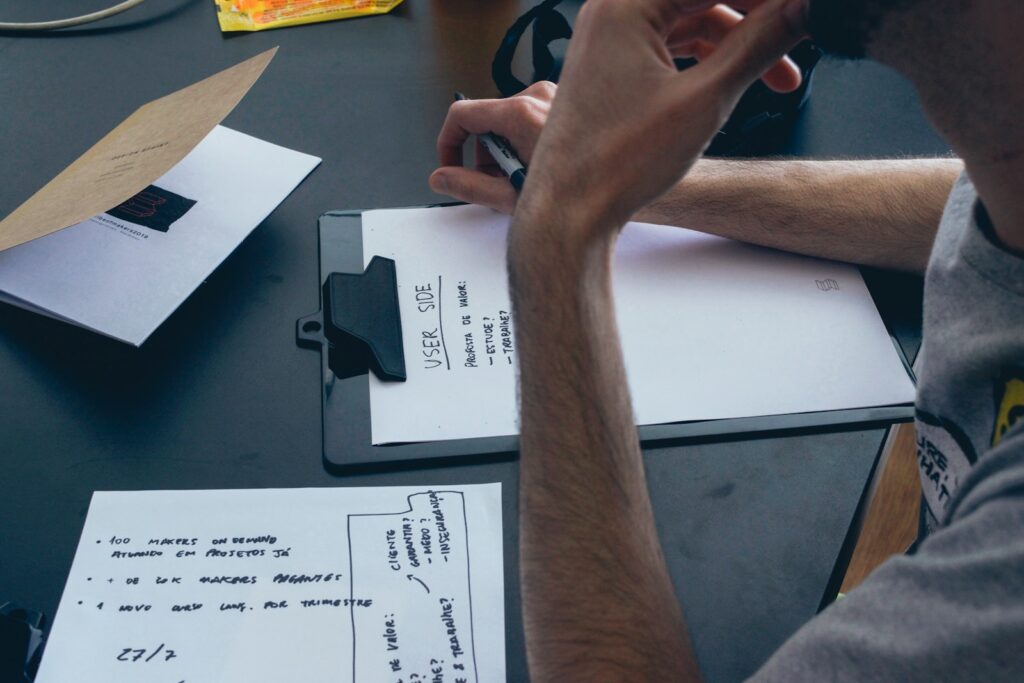Introduction
As an entrepreneur, innovator, and AI enthusiast deeply involved in web development, I’ve witnessed firsthand the rapid advancements in artificial intelligence (AI) and its impact on various industries, including software development. With the emergence of AI-powered tools and platforms, the question arises: How close are we to seeing AI replace developers altogether?
Understanding the Landscape
Before delving into the potential of AI replacing developers, it’s essential to understand the current state of AI technology and its capabilities. AI, particularly in the realm of software development, encompasses a wide range of applications, including code generation, bug detection, and even project management.
AI in Web Development
In the context of web development, AI has already begun to streamline certain aspects of the process. For example, AI-powered tools can assist developers in generating code snippets, optimizing website performance, and even personalizing user experiences based on data analysis.
The Role of AI in Front-end Development
As a front-end web developer myself, I’ve explored various AI-driven solutions aimed at simplifying front-end development tasks. These tools offer functionalities such as automatic code generation, responsive design optimization, and intelligent content suggestion, significantly reducing the time and effort required to build visually appealing websites.
AI vs. Human Creativity
While AI has demonstrated remarkable capabilities in automating repetitive tasks and optimizing processes, it still falls short in replicating the creative intuition and problem-solving skills inherent to human developers. The essence of web development lies not only in writing code but also in understanding user needs, crafting intuitive interfaces, and adapting to evolving design trends – areas where human creativity excels.
The Limitations of AI in Development
Despite its advancements, AI still faces several limitations that hinder its ability to fully replace human developers. These limitations include:
Lack of Contextual Understanding
AI algorithms operate based on predefined patterns and datasets, lacking the nuanced understanding of context and intent that human developers possess. While AI can generate code snippets based on existing templates and examples, it may struggle to adapt to unique project requirements or unforeseen challenges.
Complex Problem-Solving
Web development often involves tackling complex problems that require critical thinking, experimentation, and iterative refinement – qualities that are inherently human. While AI can assist in automating certain tasks and suggesting solutions, it may struggle with abstract problem-solving and creative ideation.
Ethical and Social Implications
The widespread adoption of AI in development raises ethical and social concerns, including job displacement, algorithmic bias, and data privacy. The notion of AI replacing developers entirely raises questions about the future of employment in the tech industry and the ethical implications of delegating critical decision-making tasks to algorithms.
The Future of AI and Development
While AI presents significant potential to augment and streamline the development process, its role should be viewed as complementary rather than substitutive to human expertise. Developers can leverage AI tools to enhance productivity, automate repetitive tasks, and gain insights from data analytics, thereby allowing them to focus on higher-level strategic initiatives and creative endeavors.
Embracing Collaboration
The most promising future lies in the collaboration between AI and human developers, where AI serves as a supportive partner rather than a replacement. By combining the analytical capabilities of AI with human intuition and creativity, developers can unlock new possibilities and drive innovation in web development and beyond.
Continuous Learning and Adaptation
As AI technology continues to evolve, developers must prioritize continuous learning and adaptation to remain relevant in the rapidly changing landscape. By staying abreast of emerging trends, mastering new tools and techniques, and honing their problem-solving skills, developers can harness the full potential of AI while retaining their unique value proposition.
Conclusion
In conclusion, while AI has made significant strides in transforming various aspects of web development, the notion of it replacing developers entirely remains a distant prospect. Human developers bring a depth of creativity, critical thinking, and contextual understanding that cannot be replicated by AI alone. Instead, the future lies in harnessing the collaborative potential of AI and human expertise to drive innovation, enhance productivity, and shape the future of web development.
If you’re interested in exploring the intersection of AI and web development further, consider checking out UnikBrushes for cutting-edge web development services tailored to your unique needs.
And for engineering students looking to stay ahead in the rapidly evolving tech landscape, don’t forget to explore LearnyHive for comprehensive study resources and personalized learning paths.
Thank you for joining me on this exploration of AI in development, and here’s to a future where human creativity and AI innovation work hand in hand to push the boundaries of what’s possible in web development and beyond.




